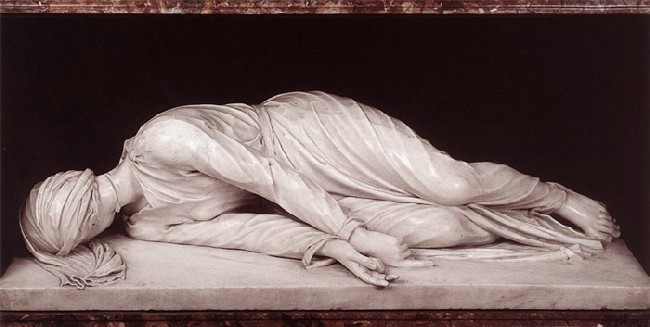Jesse’s Hermitage and Art Studio
[Click picture to enlarge]
Jesse, a monastic spirit, kindly sent some photos of the garden hermitage and art studio he created. Thank you.
I wanted to use the pictures on a blog and thought they would illustrate the topic of this blog.
Gardens are places of the Holy Spirit’s power and rebirth. In a garden I feel God’s beauty and clearly see the invisible attributes of God (Romans 1:20).(1) We are meant to make such connections when in God’s creation, especially when in the beauty of a garden.

Pentecost is the feast celebrating the descent and bestowing of the Holy Spirit upon the apostles fifty days after the resurrection of Jesus Christ from a tomb in Jerusalem.
At Pentecost I am reminded that we see the empowering and enlightening work of the Holy Spirit throughout God’s creation. “The Word of God and his Breath [Holy Spirit] are at the origin of the being and life of every creature. It belongs to the Holy Spirit to rule, sanctify, and animate creation... Power over life pertains to the Spirit, for being God he preserves creation in the Father through the Son.”(2)
The word “garden” is mentioned about 50 times in the Bible and gardens are part of God’s most direct works with mankind. Gardens in the Bible were often walled by a hedge or rocks or some other division between the garden and the world — not unlike the wall of a monastery.

God created man out of the dust of the ground (Adam means red -- as in earth -- hence his name) and then created a garden (Genesis Chapter 2). I like to imagine that some of the earth that formed Adam was taken from the place that became the Garden of Eden -- the first fruit of that first garden.

God placed Adam and Eve in the Garden of Eden — and in the garden they could have the closest communion with God (Genesis Chapter 2).
Jesus sought a garden as a place of prayer (John 18:1).
Jesus was crucified in a garden (John 19:41).
Jesus was resurrected from a garden (John 19:41).
In Revelation 22, in God’s eternal kingdom the water, the tree of life, and the absence of any curse are once again part of our close communion with God — as they were in the Garden of Eden.

The Holy Spirit works new birth in baptism. “Through the Holy Spirit we are restored to paradise, led back to the Kingdom of heaven...”(3)
In our own gardens we work to care and tend God’s creation, but many gardeners know that it is the Holy Spirit that does most of the work — as He did at Pentecost.(4)
___________________________
Footnotes:
(1) Romans 1:20. “For since the creation of the world His invisible attributes, His eternal power and divine nature, have been clearly seen, being understood through what has been made, so that they are without excuse.” New American Standard Bible
In the Greek text for Romans 1:20 there is a play on the sound of the two Greek words for “invisible attributes” (Greek = aórata) and “have been clearly seen” (Greek = kathorátai). The sense is that the invisible becomes clearly visible in creation.
Paul was in Corinth, Greece, in about 58 AD on this third missionary journey when he wrote his letter to the Roman Christians. He had first been in Athens on his second missionary journey in about 51 AD. Regardless of where Paul might have become familiar with the writings of Aristotle (384 to 322 BC), Romans 1:20 is similar to what Aristotle wrote in “De Mundo,” 6 [“On the Universe”]: “In every mortal by nature the invisible God becomes by those very works visible.” (from Jamieson, Fausset, and Brown Commentary, Electronic Database. Copyright © 2006 by Biblesoft, Inc. All rights reserved.)
(2) Catholic Catechism Paragraph 703
(3) Catholic Catechism Paragraph 736
(4) Pentecost occurred on the Jewish feast of Pentecost which was "the feast of harvest of the firstfruits" (Exodus 23:16). With the Holy Spirit everything comes at the right season.










No comments:
Post a Comment